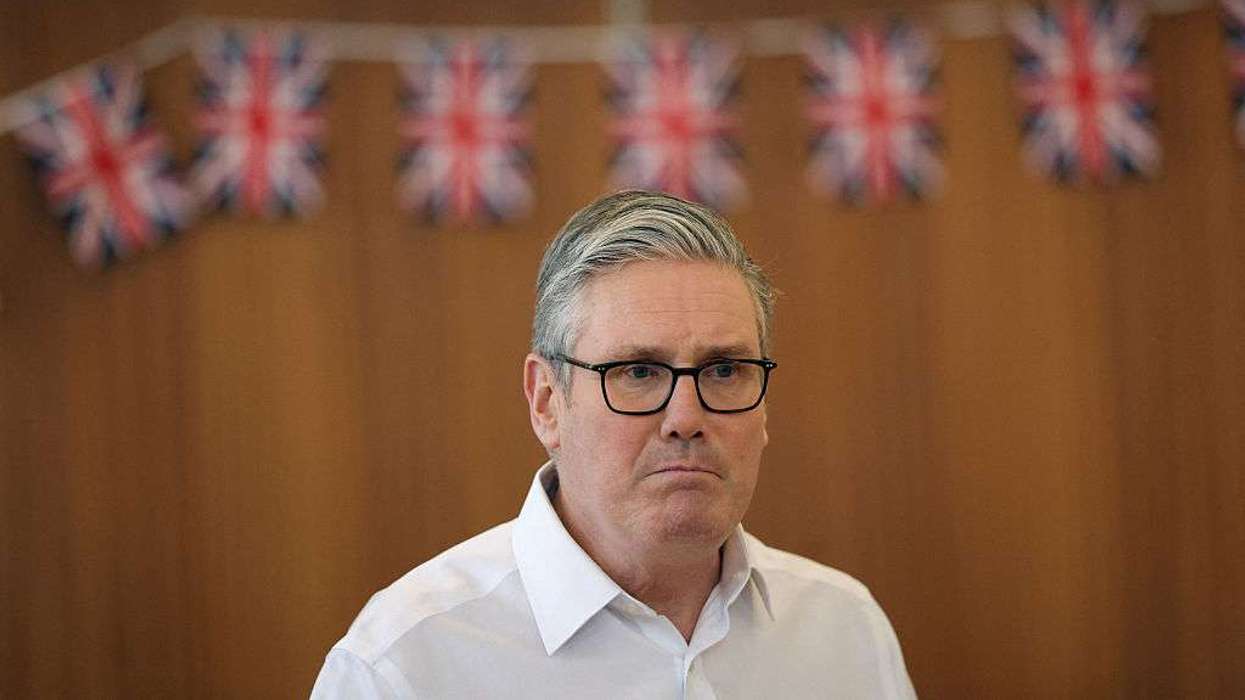by LAUREN CODLING
AN ASIAN woman rally driver has admitted that most people are surprised when they find out what she does for a living, as she called for more female participation in the sport.
Nabila Tejpar, 26, has been a full-time rally driver since 2015. The two-time British champion regularly competes in tournaments around the world, including in Portugal and Ireland.
In an interview with Eastern Eye, the motorsport champion conceded there tended to be a perception that the sport was dominated by men. Tejpar also revealed that most people were taken aback when they discovered that she competes as a professional rally driver.
“They look at me and are like ‘you’re a rally driver? Really?’ Of course, I say ‘yeah, just because I am a woman doesn’t mean that I can’t drive a car,’” she said. “There is usually a shocked reaction.”
Tejpar, winner of the 2017 and 2018 Ladies British Rally Championship Trophy, believes that all motorsports are perceived to be dominated by men. Although more women are now getting involved, Tejpar said she was worried that there weren’t many role models in the industry for young girls.
“They don’t have many people they can look up to and say, ‘they did it, so can I’,” she said. There is now more publicity around the inclusion of women and efforts are being made to get girls involved, she said. But Tejpar believes that there is little comprehension about what the sport actually entails.
“I still don’t think people understand rallying and the discipline of it,” she noted.
A passion for motorsports runs in her family – both her grandfather and father were interested in cars when they lived in Kenya. Her father, who moved to the UK in 1990, competed in rallying when he was younger but stopped after he had an accident when Tejpar and her sister were children.
“My mum asked if he would stop for a little while (after his accident),” she explained. “In 2009, he started again, but he is just a fan now. My dad says he is living vicariously through me.”
Tejpar recalled how her interest in motorsports initially stemmed from her father. As a child, she would attend rally events with him. At 16, she drove her first rally car.
Although she was keen to pursue a full-time career in the sport, her mother was worried that Tejpar would lose interest and have no other career prospects. So they agreed that she would obtain a university degree before she took rally driving seriously.
“(My mum) didn’t want me to be stuck with nothing, so she was adamant that I did university first,” Tejpar, who graduated with a degree in international business from the Kogod School of Business in Washington DC in 2014, said. “She was true to her word and she did let me compete after I graduated from university.”
After graduation, she passed the MSA Rally License Exam (BARS) in 2015 and began competing in single venues. Since then she has gained a name for herself in the world of rally driving.
However, participating in motorsports does not come without risks – there have been numerous instances of drivers suffering injuries or being killed. Last weekend, Anthoine Hubert, a 22-year-old Formula 2 driver, died in a crash at the Belgian Grand Prix.
Tejpar was involved in an accident in 2016 where her Ford Fiesta R2 rolled, leaving her with a damaged retina. Despite the risks, she is resolute that it would never deter her from pursuing the sport.
“We work really hard to try and make it as safe as we can, but we sign up for it,” she said. “We know it has a danger to it but it hasn’t ever made me question my decision. They say in rally driving, if you’re not crashing, then you’re not trying hard enough. So, that’s basically what it comes down to.”
In terms of additional challenges, Tejpar admitted that practising for rallying can be difficult due to a lack of resources.
She is based in Maldon, Essex, and there are no testing venues nearby for rally driving. This means Tejpar usually has to travel to practise, which can be expensive and time-consuming. Rally drivers also have to be physically fit, which means regular training.
“Because of the nature of the sport, I am away quite a lot and it would be hard for me to hold down a full-time job,” she said. “It is almost impossible to do anything else with how heavy my schedule is.”
Despite the challenges, Tejpar is open about her passion for the sport. And though there are many rewarding aspects to her job, her favourite part of rallying is the unpredictability of it, she said.
“You just don’t know what’s going to happen – it could be snowing, there could be hail, a torrential downpour,” Tejpar explained. “But I love it.”
Despite her notable finishes in various competitions, she revealed that her proudest moment was being able to drive her grandfather’s restored Daf 55 car from the 1971 East African Safari Rally at the Eifel Rally in Germany.
“That was really cool and such an amazing experience,” she said. “It was only a show event, but being able to drive something that my grandfather drove was amazing.”



